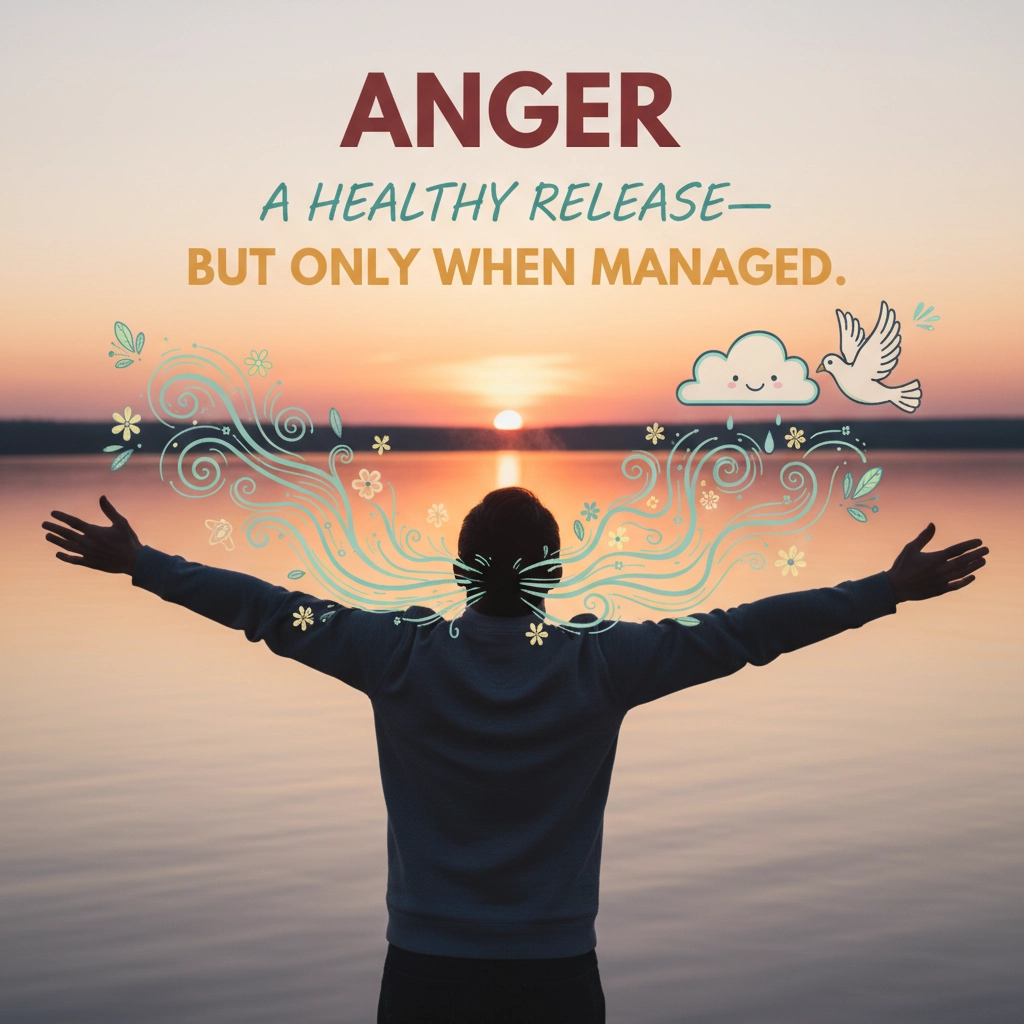Anger: A Healthy Release, But Only When Managed

Look, I'm gonna be real with you here. We need to talk about anger, and I mean really talk about it, not the sanitized, "just breathe through it" bullshit that gets thrown around social media. Because here's the thing: anger gets a really bad rap, and honestly? That's doing us all a disservice.
I've been thinking about this a lot lately, especially after losing my shit over something completely ridiculous last week. You know how it is, one small thing happens, and suddenly you're seeing red over your coffee maker taking too long or your phone not connecting to WiFi fast enough. But instead of beating myself up about it afterward, I started wondering: what if we've got this whole anger thing completely backwards?
READ MORE

